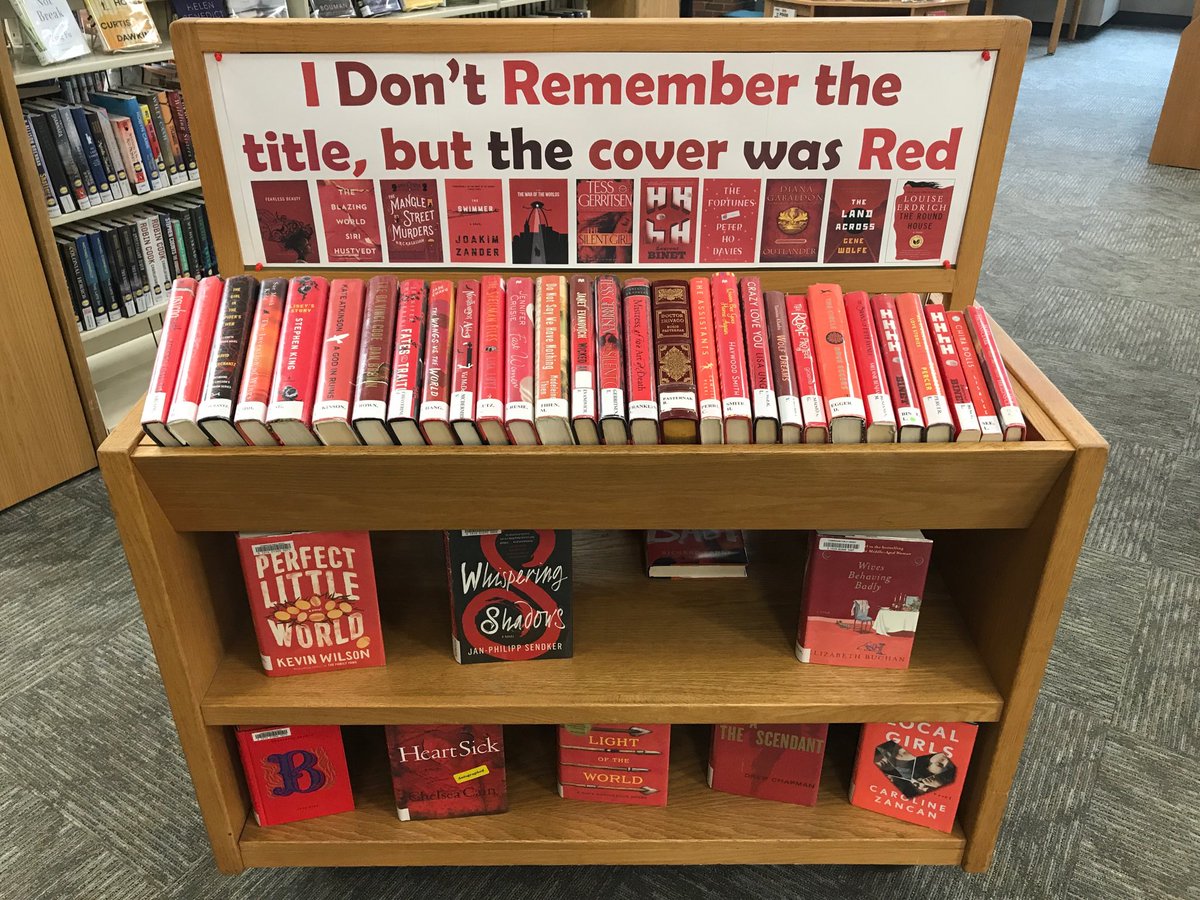user15026
user61230
user15026
user15026
user15026
user15026
user15026
user15026
user15026
user15026
user15026
user15026
user15026
user15026
user61230
user61230
user15026
user61230
user15026
user15026












